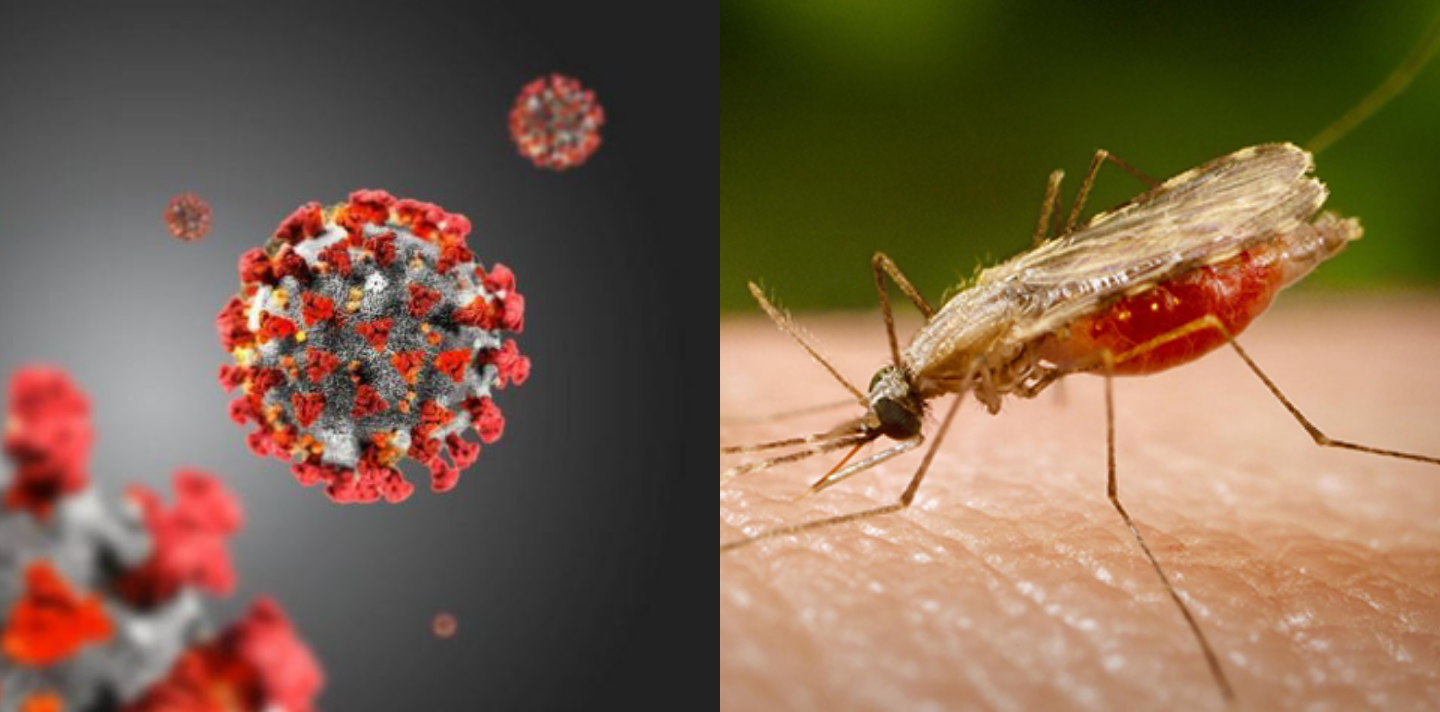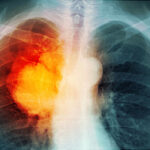The Federal Ministry of Health has said that COVID-19 and Malaria are two different diseases that share similar symptoms.
The Health ministry made this known via its Twitter handle on Sunday.
- States squander billions as ruling parties clear LG polls
- COVID-19: Use of face mask now compulsory, BUK tells staff, students
#COVID19 & Malaria are 2 different diseases that share similar symptoms like fever, headache & fatique.
SPONSOR ADIt takes 2-14 days for #COVID19 symptoms to appear, while that of malaria appears within 10-15 days.
Adhere to the preventive measures of these 2 diseases #TakeResponsibility pic.twitter.com/qptjgPe12h— Federal Ministry of Health, NIGERIA (@Fmohnigeria) January 17, 2021
Difference between COVID-19 and Malaria
The coronavirus disease 2019 (COVID-19) is a communicable respiratory disease caused by a new strain of coronavirus that causes illness in humans.
According to the World Health Organization (WHO), Malaria is a life-threatening disease caused by parasites that are transmitted to people through the bites of infected female Anopheles mosquitoes.
COVID-19 and malaria may have similar symptoms but are caused by different agents. While COVID-19 can spread from person to person, malaria cannot.
COVID-19 symptoms take 2-14 days to appear while that of Malaria appears within 10-15 days.
Symptoms of Malaria
Below are the first symptoms of Malaria according to the World Health Organization (WHO):
- Fever
- Headache
- Chills – this may be mild and difficult to recognize as malaria.
If not treated within 24 hours, P. falciparum malaria can progress to severe illness, often leading to death.
Children with severe malaria frequently develop one or more of the following symptoms:
- Severe anaemia
- Respiratory distress in relation to metabolic acidosis, or cerebral malaria
- In adults, multi-organ failure is also frequent. In malaria endemic areas, people may develop partial immunity, allowing asymptomatic infections to occur.
COVID-19 symptoms
COVID-19 affects different people in different ways. Most infected people will develop mild to moderate illness and recover without hospitalization.
Most common symptoms:
- Fever
- Dry cough
- Tiredness
Less common symptoms:
- Aches and pains
- Sore throat
- Diarrhoea
- Conjunctivitis
- Headache
- Loss of taste or smell
- Rash on skin, or discolouration of fingers or toes
Serious symptoms
- Difficulty breathing or shortness of breath
- Chest pain or pressure
- Loss of speech or movement
Seek immediate medical attention if you have serious symptoms. Always call before visiting your doctor or health facility.
People with mild symptoms who are otherwise healthy should manage their symptoms at home.
On average it takes 5–6 days from when someone is infected with the virus for symptoms to show, however it can take up to 14 days.

 Join Daily Trust WhatsApp Community For Quick Access To News and Happenings Around You.
Join Daily Trust WhatsApp Community For Quick Access To News and Happenings Around You.

